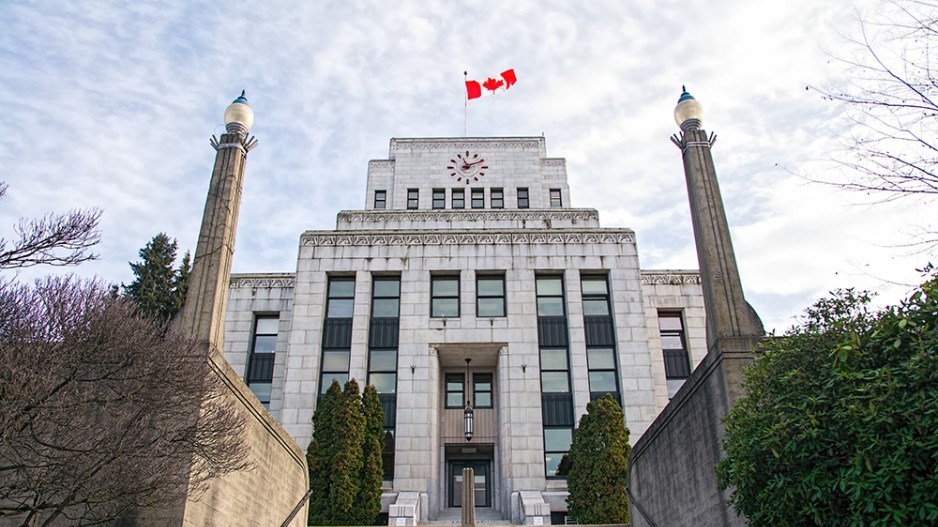Vancouver city hall is an “outlier” because it lacks a policy for handling public whistleblower complaints and relies on the human resources department to investigate, according to a report from the civic auditor general.
“Vancouver’s Auditor General has no role with respect to whistleblowing and is required to comply with the city’s whistleblowing policy,” said Mike Macdonell’s report to the April 22 committee meeting. “This means that a whistleblowing complaint from city staff, received by the Auditor General, is to be referred to the general manager of human resources. While there is nothing that prevents the Auditor General from investigating any matter, the requirement to refer complaints to city management is inconsistent with the independence of the office.”
Macdonell reported that a summary of whistleblower complaints and investigation outcomes is supposed to be submitted annually to the city manager and city council, however, “We were informed that no such summary report has been written or reported to council.”
He obtained a spreadsheet showing complaints from 2015 to present day. In 2021, there were 113 complaints logged.
Council approved an update to its 2008 whistleblower policy in 2017 and another review took place in 2020. Macdonell recommended council direct city staff to revise the policy so that it addresses complaints from external sources and considers whether the existing policy should be revised now that there are independent offices of the auditor general and integrity commissioner at city hall.
The city website includes an online form to report misuse of public funds, conflict of interest, abuse of position, manipulation or falsification of data and harm to people or property.
Protecting whistleblowers’ confidentiality, investigation of all valid complaints and independence from management are hallmarks of an effective whistleblowing process, he wrote.
The report was not an audit, so it did not gauge the effectiveness of Vancouver’s system. But Macdonell looked at Toronto, Ottawa and Calgary, which have auditors general or similar.
Toronto opened a fraud and waste hotline in 2002 for city staff, the public and anyone doing business with the city. The Toronto Public Service bylaw requires employees to report wrongdoing to their manager, division head or the auditor general’s office.
“Toronto’s Auditor General reports that, between 2017 and 2021, a total of $28 million in actual losses were found and another $1 million in potential losses were prevented,” said the report.
In 2021, Toronto’s auditor general received 820 complaints about 1,200 allegations and 90 were investigated. Last year 11% were substantiated.
Ottawa launched its fraud and waste hotline in 2005 and expanded it to the public in 2009. It is operated by an independent third party.
Two-thirds of last year’s 301 reports were from employees and the rest from the public.
A third were related to alleged misuse of city property, information or time, a quarter about alleged violations of laws, regulations, policies or procedures, and 10% about alleged theft, embezzlement, fraud, conflicts of interest or falsification of data. Thirty-one of the complaints closed in 2021 were substantiated.
Calgary established its whistleblower program in 2007. Historically, employees have accounted for 56% of reports received, but, in 2021, employees reported 64% of all concerns.
Vancouver appointed Macdonell its first auditor general last summer after Coun. Colleen Hardwick spearheaded the establishment of the office. In the next three years, Macdonell plans to focus on a dozen areas, including procurement, police performance monitoring, cybersecurity, grants and capital infrastructure.

.jpg;w=120;h=80;mode=crop)

.jpg;w=120;h=80;mode=crop)